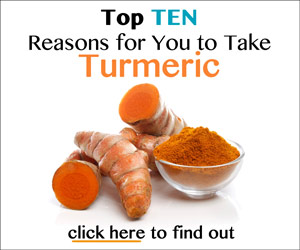Thiamine

Recommended dosage levels for thiamine (also known as thiamin or vitamin B1):
- 1.2 mg/day for men 53
- 1.1 mg/day for women 53
- 1.4 mg/day for pregnant and lactating women 53
- 1.5 mg/day for the elderly 53
- 5-10 mg/day optimum dosage 222
Dietary Sources of Thiamine
- Asparagus 37
- Brazil nuts 53
- Brewer’s yeast 37
- Brussels sprouts 37
- Cantaloupe 53
- Fortified cereals, breads, and pastas 53
- Kelp 37
- Lentils 53
- Milk 37
- Peanuts 37
- Peas 53
- Plums 37
- Pork 53
- Prunes 37
- Raisins 37
- Watercress 37
Physiological Effects and Benefits of Thiamine
- Thiamine deficiency causes thin hair. 10
- Results of an industry-funded clinical study of Pantovigar®--an oral supplement containing 60 mg of thiamine along with 20 mg of L-cystine, keratin, and PABA and 100 mg yeast (which also contains thiamine)—suggests that thiamine may be able to reduce hair loss and improve hair quality. 10
Disclaimer: This website is not intended to replace professional consultation, diagnosis, or treatment by a licensed physician. If you require any medical related advice, contact your physician promptly. Information presented on this website is exclusively of a general reference nature. Do not disregard medical advice or delay treatment as a result of accessing information at this site.
High in uric acid and may aggravate gout.
Contains resveratrol, a powerful antioxidant; also a phytoestrogen that can help regulate androgen sex hormones.


